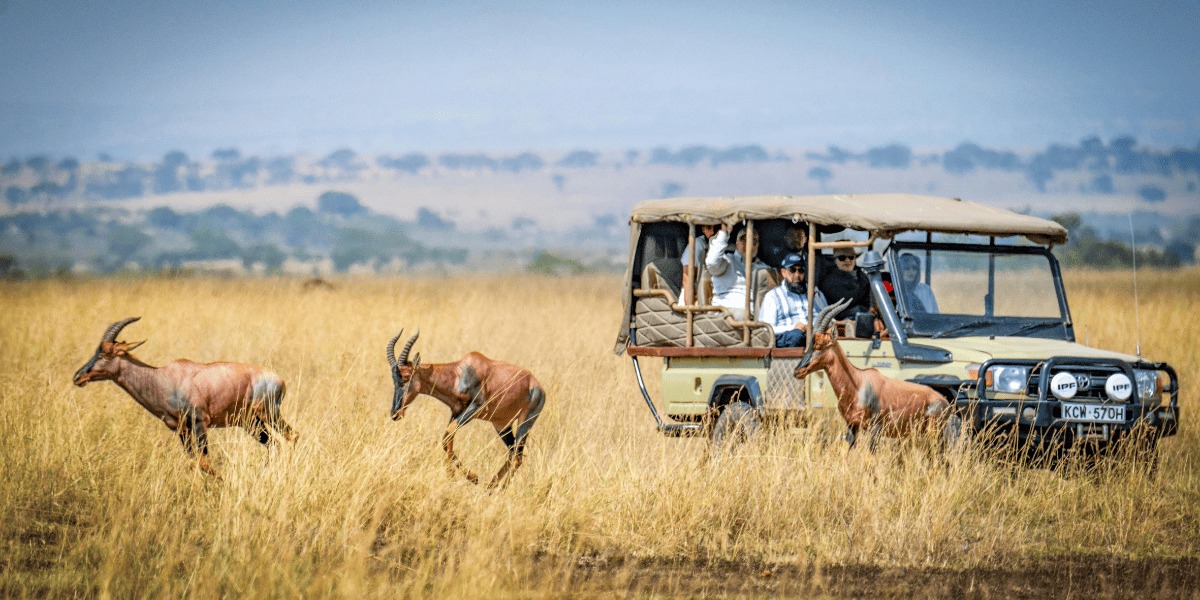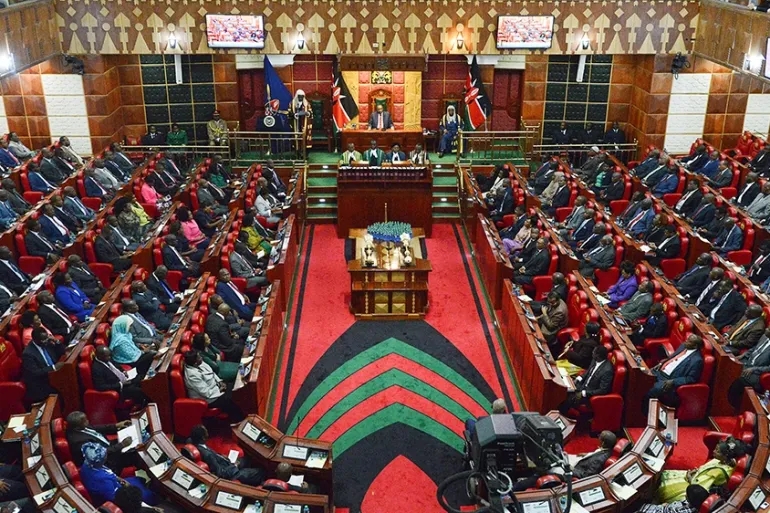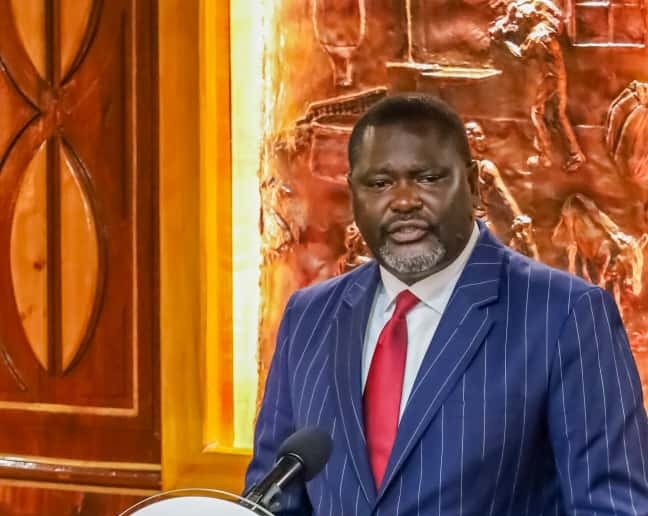

The Kenya Wildlife Service (KWS) has announced the implementation of new conservation fees for access to the country's national parks, reserves, and sanctuaries, set to take effect from Wednesday, October 1, 2025.
This follows the approval of the Wildlife Conservation and Management Regulations 2025 by the Parliament on Thursday, September 25, 2025.
Kenya Wildlife Service Director General Erastus Kanga in a statement on Monday said measures had been put in place to facilitate visitors who had already booked and paid for their trips through the eCitizen platform prior to the announcement.
“KWS will honour all eCitizen payments made before this announcement, and the revised fees will therefore apply only to new bookings made for October 1 onwards,” Kanga stated.
The new conservation fee structure is the result of a year-long open, consultative, and participatory process involving stakeholders from the conservation, tourism, and public sectors.
According to KWS, this is the first comprehensive review of conservation fees in 18 years, despite rising costs in park management and the need to expand tourism infrastructure.
The reviewed regulations aim to strengthen the financial sustainability of wildlife conservation, improve visitor experience, and ensure Kenya's parks remain competitive globally while preserving the country's unique wildlife heritage.
The new fee schedule classifies charges by visitor categories: East African citizens, Kenyan residents, non-residents (international tourists), and African citizens from other countries. Prices vary depending on the park.
Amboseli and Lake Nakuru National Parks will now charge Sh1,500 for East African citizens, Sh2,025 for residents, USD 90 for non-residents, and USD 50 for African citizens.
Access to Nairobi National Park will cost Sh1,000 for East African citizens, Sh1,350 for residents, USD 80 for non-residents, and USD 40 for African citizens.
A special Nairobi package including access to Nairobi National Park, Nairobi Animal Orphanage, and Nairobi Safari Walk will cost Sh1,300 for East African citizens, Sh1,750 for residents, USD 105 for non-residents, and USD 55 for African citizens.
For those visiting Tsavo East and Tsavo West National Parks, the new charges are Sh1,000 for East African citizens, Sh1,350 for residents, USD 80 for non-residents, and USD 40 for African citizens.
The Tsavo West Amboseli National Park Package entry will cost Sh2,200 for East African citizens, Sh2,900 for residents, USD 150 for non-residents, and USD 80 for African citizens.
The Tsavo East, Tsavo West and Amboseli National Park package will now cost Sh3,000 for East African citizens, Sh4,000 for residents, USD 215 for non-residents, and USD 115 for African citizens.
Charges at Meru, Kora and Aberdare national parks will be Sh800 (East African), Sh1,100 (resident), USD 70 (non-resident), and USD 40 (African citizen).
Mt Kenya National Park entry fee will be Sh800 (East African), Sh1,100 (resident), USD 70 (non-resident), USD 30 (African citizen).
Hell’s Gate, Mt Longonot, Mt Elgon, Ol Donyo Sabuk National Parks, and Lake Elementaita Wildlife Sanctuary, Shimba Hills and Kakamega National Reserves will cost Sh500 for East African citizens, Sh675 for residents, USD 50 for non-residents, and USD 20 for African citizens.
The government hopes these adjustments will support the long-term sustainability of Kenya’s protected areas.
The updated fees will be directed toward strengthening wildlife protection, improving infrastructure and services, and expanding conservation programs.
The ministry emphasised that despite the adjustments, Kenya remains one of the most affordable wildlife destinations globally.
“The reviewed regulations are intended to strengthen the financial sustainability of wildlife conservation, enhance visitor experiences, and ensure that Kenya’s parks and reserves remain globally competitive while safeguarding the country’s unique wildlife heritage,” KWS stated.














